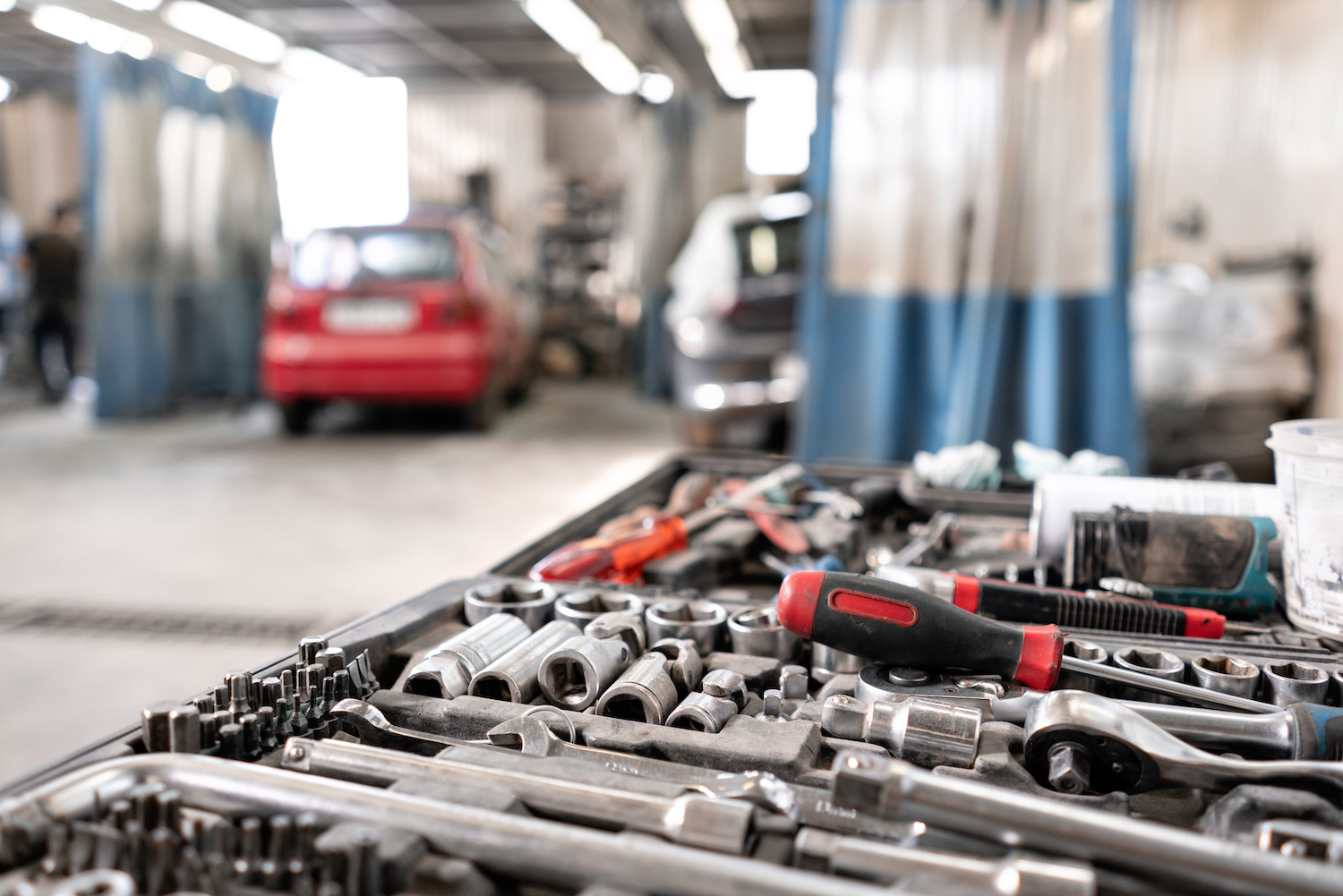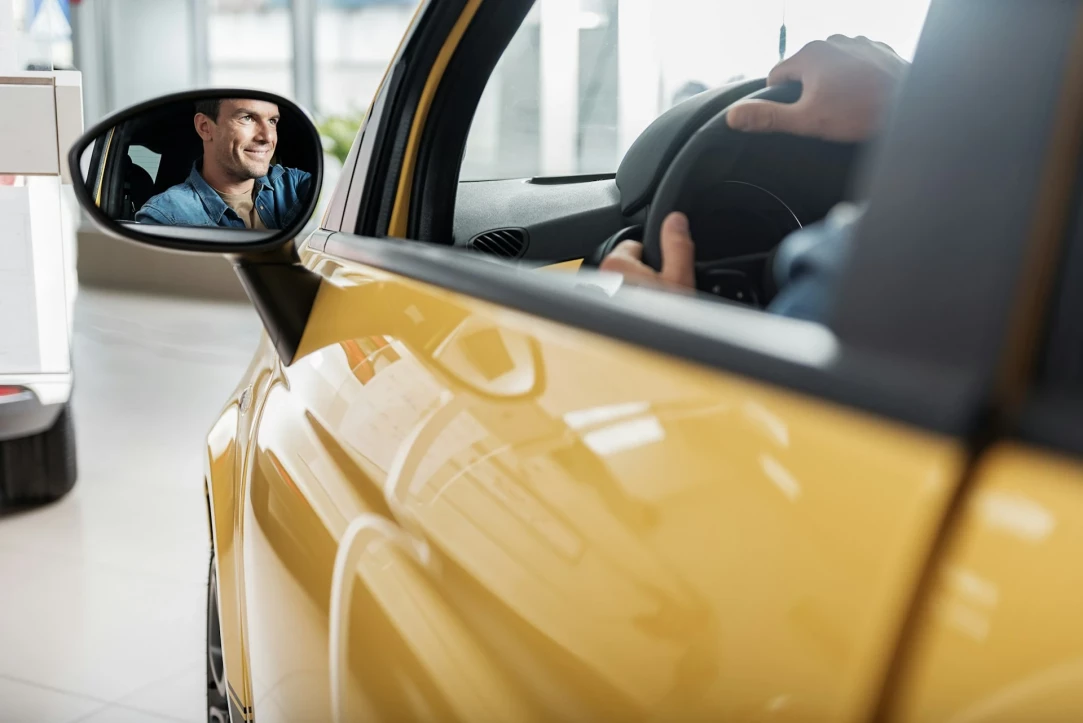Buying a used car can be a savvy decision. It can save you money and provide a reliable vehicle for your needs. However, purchasing a used vehicle requires careful attention to detail. Here's your ultimate guide to buying a used car.
Understanding Your Needs and Budget
Identifying Your Requirements
Before buying a used car, identify your needs. What will you use the vehicle for? Are you looking for a family car or a compact vehicle for city driving? Is fuel efficiency a priority, or are you more interested in power and performance? If you're looking at electric vehicles, consider charging options.
Setting Up a Budget
Your budget will guide your used car search. Consider the total cost of car ownership, including insurance, repair costs, and routine maintenance. Ensure that the used vehicle you're considering aligns with your financial capabilities. It's also crucial to ascertain the fair price of the car based on its age, condition, and market value to ensure you're getting a good deal.
Conducting Preliminary Research
Researching the Car's History
Obtain the vehicle history report using the vehicle identification number (VIN). This report provides valuable information about the car's past, such as previous accidents, repair work, any open recalls, and even safety recall history. Knowing if the car has been involved in a safety recall can greatly inform your decision about your next vehicle purchase. It's an essential part of understanding a vehicle's history.
Checking Average Market Prices
Explore the average car price for the used vehicle model you're interested in. This will help you determine a fair purchase price and steer clear of overpriced offers.
Reading Reviews and Ratings
Review the ratings and reviews of the used car model. This can provide insight into the car's reliability and quality assurance, which are particularly important factors when considering used vehicles. Consult a buyers guide for detailed information on various models and their performance over time.
Initial Physical Inspection
Checking the Exterior
Inspect the car's exterior carefully. Look for inconsistencies in paint color, which might indicate recent accident repair. Also, check each body panel for any signs of damage or mismatch, and make sure all body panels line up evenly. Check the four tires for wear and ensure the spare tire is in good condition. Any uneven gaps between body panels could hint at past accidents. While examining the vehicle's exterior, don't forget to inspect the wheel wells. They can provide clues about the car's history, such as possible rust or damage from rough road conditions.

Inspecting the Interior
Examine the interior thoroughly. Check for cracked leather on the seats, wear on the floor mats, and ensure all the seat adjustments work properly. Test the air conditioning, entertainment system, and all other interior electronics. While examining the interior, also be on the lookout for paint overspray, which could be a telltale sign of a hasty, potentially concealed repair job on the vehicle.
Examining the Tires
The car's four tires should show even wear. If they don't, this might indicate alignment issues, which can lead to costly repairs. Furthermore, tires on a low mileage car should have less wear compared to a high mileage one, so uneven tire wear could indicate that the mileage isn't accurate or the car hasn't been maintained properly. Take note of how much wear is present, as it can be a good indicator of how the car has been driven and maintained over time.
Looking Under the Hood
Open the engine bay and look for signs of fluid leaks, damage, or excessive dirt. If it is clean, you can be sure that you've found a well-maintained car.
Delving Deeper: The Mechanical Inspection
Checking the Engine
Ensure the engine idles smoothly and doesn't make unusual noises. Check the car's fluids, including the transmission fluid. The transmission fluid color can be an indicator of the vehicle's health - it should be light brown or red, not dark brown or black. If it is dark or has a burnt smell, it could be a sign of potential issues.
Inspecting the Transmission
During a test drive, the car should shift smoothly without any grinding noises. Manual transmission vehicles should shift easily, and automatic cars shouldn't "slip" between gears. It's important to note that a low mileage car, being less used, should generally exhibit smoother and more predictable transmission behavior compared to its high mileage counterpart.
Testing the Brakes
The car should stop smoothly and quickly without any noises. Brake lights should function properly.
Looking at the Suspension
The vehicle should remain stable during turns and not bounce excessively after going over a bump. Parallel parking should be effortless without any resistance from the power steering.
Examining the Exhaust System
Check for excessive smoke or loud noises from the exhaust, which could indicate problems.
Important Documents to Check
Verifying the Vehicle History Report
A vehicle history report is crucial when buying a used car. It details the car's past and can expose hidden issues. Ensure the history report matches the seller's information.
Checking the Title Status
Verify the title status of the vehicle. A "clean" title means the vehicles haven't been declared a total loss. Avoid cars with a "salvage" title, as they've been severely damaged in the past.
Ensuring the Vehicle Meets Emission Standards
Confirm that the car passes emission standards. This is not only vital for environmental reasons but also for legal and registration purposes.
Test Drive – Essential Aspects to Consider
Gauging the Car's Performance
A test drive can reveal a lot about a used car. It's a chance to see how the car handles and whether it meets your driving expectations. During this time, pay particular attention to how the steering wheel responds to your movements - it should be smooth and responsive without any unusual resistance or slack.
Listening for Unusual Noises
During the first drive, listen for any strange sounds. Unusual noises could indicate underlying issues in the vehicle.
Testing the Comfort Level
Check the comfort level of all the seats, the steering wheel's adjustment, and the effectiveness of the air conditioner.
Checking the Electronic Systems
Test the cruise control, satellite radio, and any other electronic systems. They should all work properly.

Negotiating the Price
Understanding the Art of Negotiation
Negotiation is a key part of buying a used car. Familiarize yourself with the average price of similar vehicles to ensure you're getting a fair deal.
Setting a Maximum Spend Limit
Establish your maximum spend limit before starting negotiations. This will prevent you from going over your budget. If you're buying from a dealership, it may be helpful to check the business bureau's records for any complaints or issues with the dealer. This additional step can provide a more comprehensive picture of who you're dealing with.
Considering the Total Cost of Ownership
The cost of buying a used car extends beyond the purchase price. Consider additional costs like insurance, maintenance, and potentially costly repair when negotiating.
Final Steps: Completing the Purchase
Understanding the Sales Agreement
Before signing on the dotted line, understand the terms of the sales contract. If buying from a dealer, make sure the dealer makes any promised repair work in writing.
Getting Car Insurance
Ensure that you have car insurance set up before you complete the purchase. This is not only a legal requirement but also important for your financial protection.
Completing the Title Transfer
Once you've agreed to the purchase, the title transfer process begins. Make sure you understand the steps involved and get the vehicle's title in your name.
Post-Purchase Considerations
Scheduling Regular Maintenance
Regular maintenance is key to prolonging the lifespan of a used vehicle. It helps to prevent small issues from becoming major, costly problems.
Getting Familiar with the Car's Manual
The car's manual contains important information about the vehicle's features and maintenance requirements. Familiarize yourself with it to ensure you're taking proper care of your car.

Joining a Car Club or Online Forum
Joining a car club or online forum for the same make and model can provide valuable tips and support from other car owners.
Common Mistakes to Avoid When Buying a Used Car
Skipping the Pre-Purchase Inspection
It's important to have the vehicle inspected by a trusted mechanic before making a purchase. This independent inspection could save you from buying a used auto with hidden problems. Skipping this step could lead to costly repairs down the line. Having the vehicle inspected not only reassures you about your purchase but also gives you leverage when negotiating the price.
Ignoring the Importance of a Test Drive
Never buy a used car without a test ride. This is your chance to assess the vehicle’s condition and performance. If the seller refuses this step, consider it a red flag.
Overlooking the Total Cost of Ownership
Remember, the sticker price isn't the only cost to consider. Insurance, maintenance, fuel, and potential repair costs should all factor into your decision. If you're considering certified pre-owned (CPO) vehicles, bear in mind that while they often come with added benefits like extended warranties, they can also be more expensive than non-CPO used autos. Make sure to weigh these factors when considering CPO vehicles for your next purchase.
Not Checking the Vehicle's History
Always obtain the vehicle history report by decoding your VIN or license plate number and make sure to get a written report for your records. This report provides crucial information about the car's past, such as accident history, mileage and previous owners. Having a comprehensive understanding of the car's history is key when buying a used automobile.
Conclusion: Making the Right Choice
Recap of Things to Check When Buying a Used Car
Buying a used vehicle requires due diligence. From understanding your needs and setting a budget, to conducting a thorough inspection and negotiating the price, each step is crucial to ensure you make an informed decision.
Final Thoughts and Tips
Buying a used auto can be a smart financial decision if done right. Remember, it's okay to walk away if the deal doesn't feel right. Your patience and persistence will eventually lead you to the right vehicle. Furthermore, consulting a comprehensive buyers guide can equip you with valuable knowledge and tips, empowering you to make an informed decision.
Additional Resources
Recommended Books on Car Buying
There are many resources available to help you navigate the process of buying a used van. Books such as "Lemon-Aid Used Cars and Trucks" can be helpful.
Useful Websites for Buying Used Cars
Websites like Vingurus, Vininspect and EpicVIN can provide valuable information and listings for used autos.
